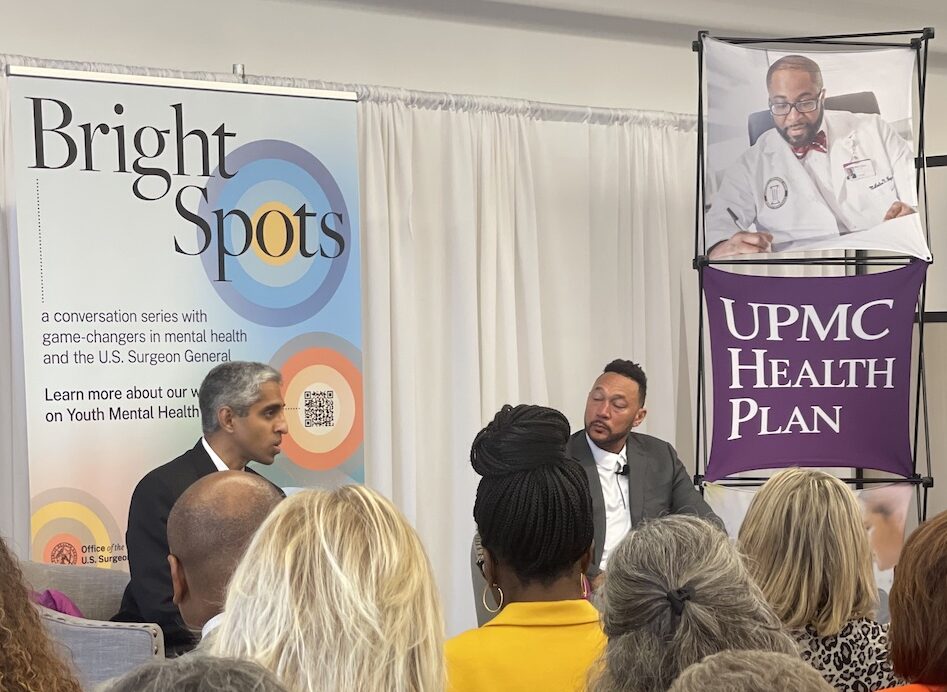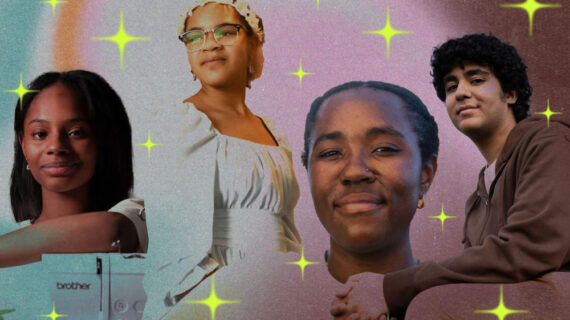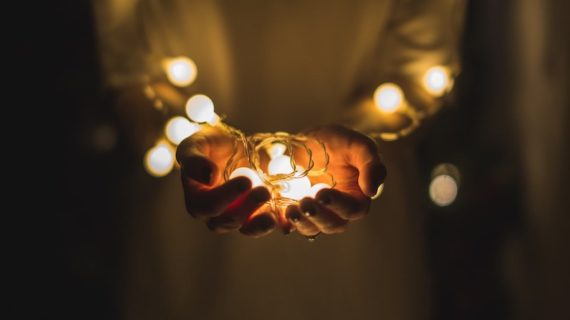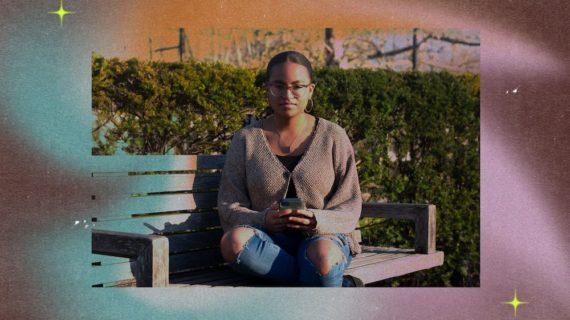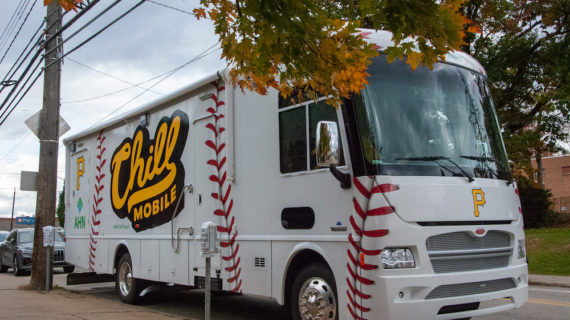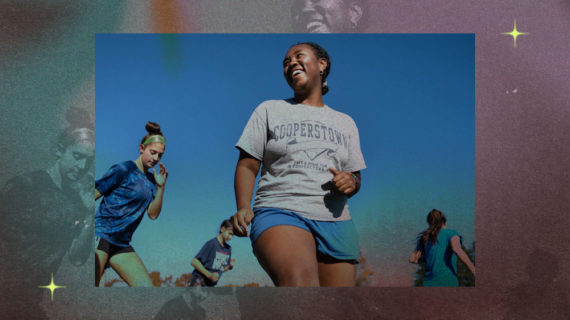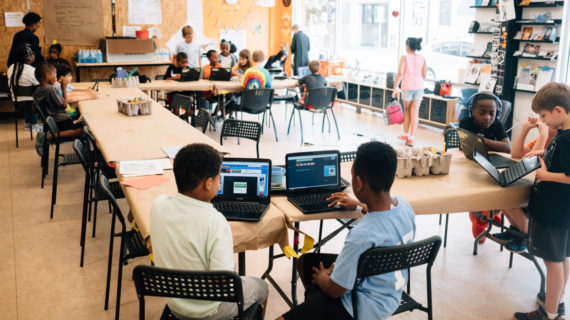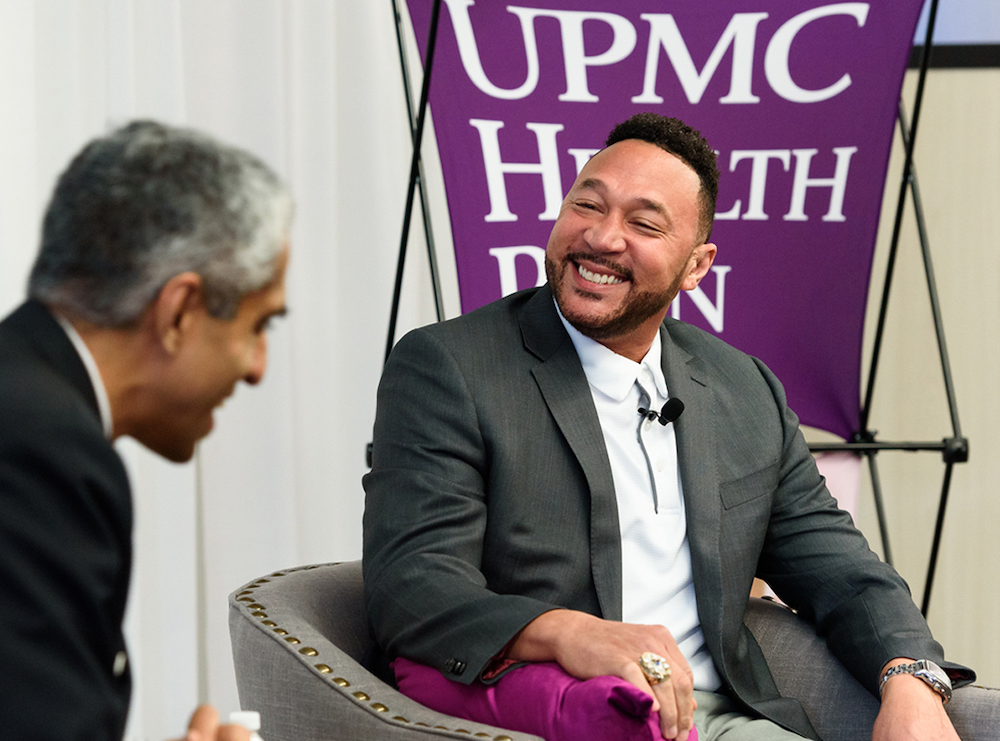
On a visit to Pittsburgh, the Surgeon General talks with Charlie Batch about child and teen mental health
Photo above courtesy of UPMC Health Plan.
In his role as Surgeon General, Dr. Vivek Murthy serves as “the nation’s doctor.” But during a community conversation hosted by UPMC Health Plan earlier this week in Pittsburgh, Murthy spoke not only as a doctor but as a caring and concerned parent – one who sees the mental health crisis happening among young people in America and knows that honest conversation is a vital step toward healing.
During this community conversation, Murthy explained that in his first term as Surgeon General (2014-2017), he traveled the country talking with Americans about public health. He’d been expecting the focus would be on issues like addiction and obesity.
But “time and time again,” he said, “they talked about mental health. They used different words. The stories were different. Some of them were really shy and reluctant to talk about this and others were really open. But I was instructed everywhere I went that this was a concern.”
Those conversations, he said, reminded him of his own childhood mental health struggles, and the painful experience of “not knowing that this was something I could talk about with other people, not knowing how to ask for help.”
It also reminded him of the many patients he’s treated for medical conditions over the years, who had “mental health concerns in the background that may not have been listed on the admission paperwork, but they were there, impacting their overall health and well being,” he said. “I came to see that those experiences weren’t unique to my own life or to the people I was caring for. This was a universal challenge in America.”
At the UPMC Health Plan event, Murthy discussed this challenge with Charlie Batch, who co-founded the Best of the Batch Foundation with his wife Latasha.
Though Batch may be best known to Pittsburghers from his days as a game-winning Steelers quarterback, his Homestead-based foundation has become a powerful force in uplifting the lives of children in our area. Best of the Batch serves more than 3,800 children and their families each year, offering after-school care, educational programs, mentorship and many other kinds of support — including their Batch a Toys giveaway during the holiday season.
Among the topics Murthy and Batch explored: the impact of social media on kids and teens.
We know social media can potentially help connect people, especially during situations like the pandemic lockdown, Murthy said. “But the challenge is that the way social media is designed today, it’s also having harmful effects on the mental health of many children. Many kids, when I travel or at roundtables, they tell me that social media makes them feel worse about themselves.”
Murthy brought up the idea of creating safety standards around social media, just as we have safety standards for other products that are sold in America, like toys.
“We’ve somehow managed to conduct a national experiment – a global experiment – on our kids with social media without any real, adequate safety standards,” he said. “That’s something that we’ve got to change.”
Along with social media, Murthy and Batch spoke about the trauma of gun violence and the national epidemic of loneliness. One key as communities grapple with all of these issues, Murthy said, is relationships.
“The truth is that all of us have the potential to be healers in our communities because we have the potential to build relationships,” he said. “One of the most powerful, powerful sources of healing after trauma are loving supporting relationships. And we see that across the board. Whether you’re looking at young children who have experienced traumas, or have what are called adverse childhood experiences, or when you look at older people, adults who have sustained trauma, relationships matter. And we have the power to build those relationships in our day-to-day lives.”
He asked the crowd: Do we choose to stay in touch with people in our lives – with our friends, with our family members? Do we take those two minutes that we may have in between meetings or in between events to just pick up the phone and say, ‘Hey, I was thinking about you and I want to see how you’re doing’?
Those choices, he said, can help those we reach out to. But they can also help each of us feel less alone when we make the effort to reach out.
At a Q&A session after their presentation, Kidsburgh asked Murthy for his thoughts on the particular challenge that parents face as they try to support their children’s mental health while handling their own stress.
Again, he said, relationships can make a difference.
“It is so important for those of us who are around parents to remind them to give themselves some grace – to give them some space in their lives to take a break,” he said.
When Murthy first became a parent, he said, he was given this advice: “If you have a friend who wants to help, number one, say yes. And number two, even if they have five minutes, and they can just watch your child while you go sit on a chair and stare at the wall, that’s OK. Because that’s five minutes that you didn’t have before.”
Accept help, he said, and offer it to others.
“We need to check on each other as parents,” Murthy said. “Even if you’re not a parent, if you’ve got parents in your life, you check on them, support them by giving them small breaks. I’ll tell you, being that volunteer babysitter – virtually or in person – for five or 10 minutes can make a big difference.”
Stay tuned for additional Kidsburgh coverage of Surgeon General Vivek Murthy’s work on the public health issue of mental health, including reports from teen journalists Morgan McCray and Elena Xiao. And for more information on mental health, explore Kidsburgh’s Mental Health Resources section.
